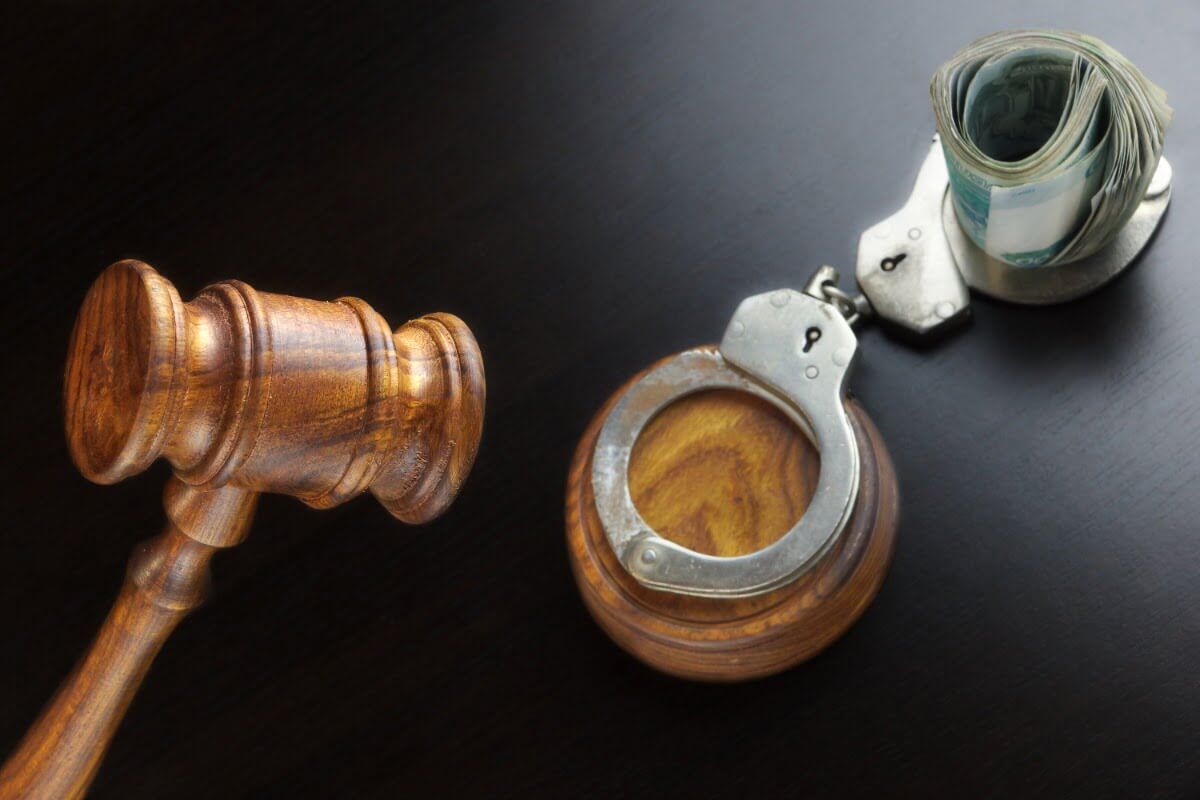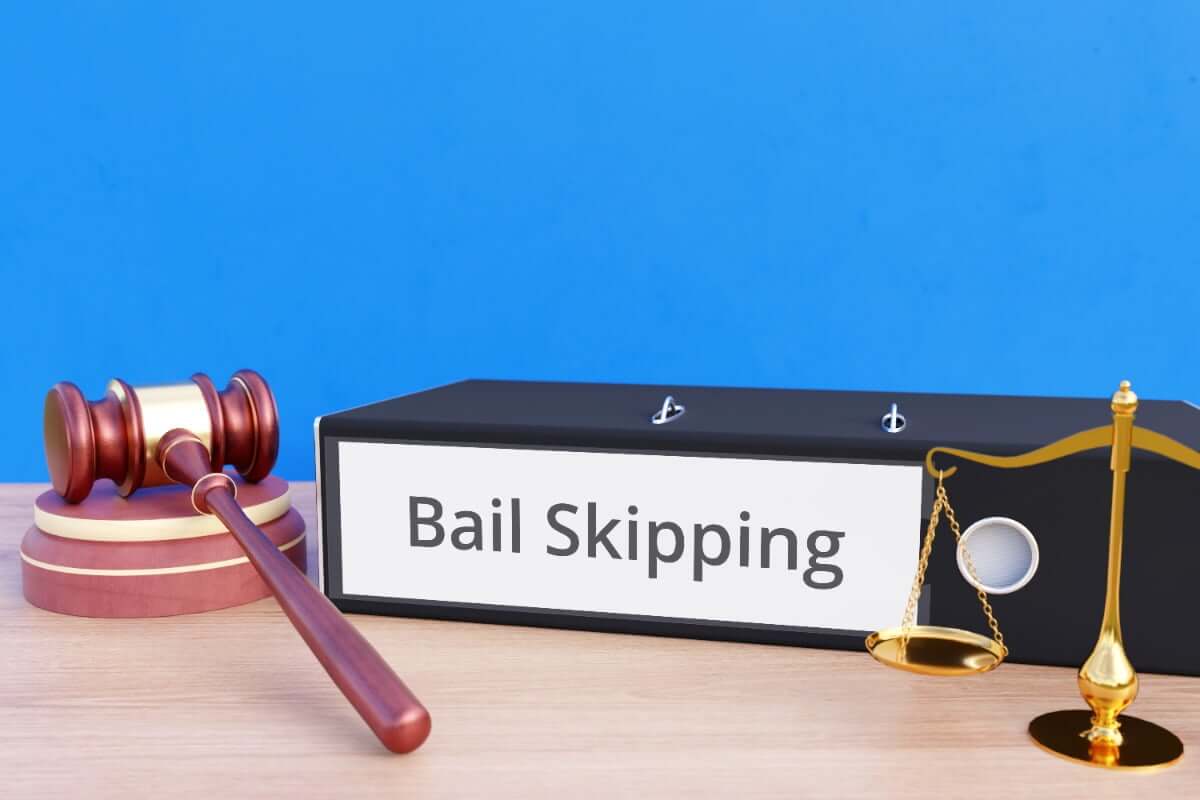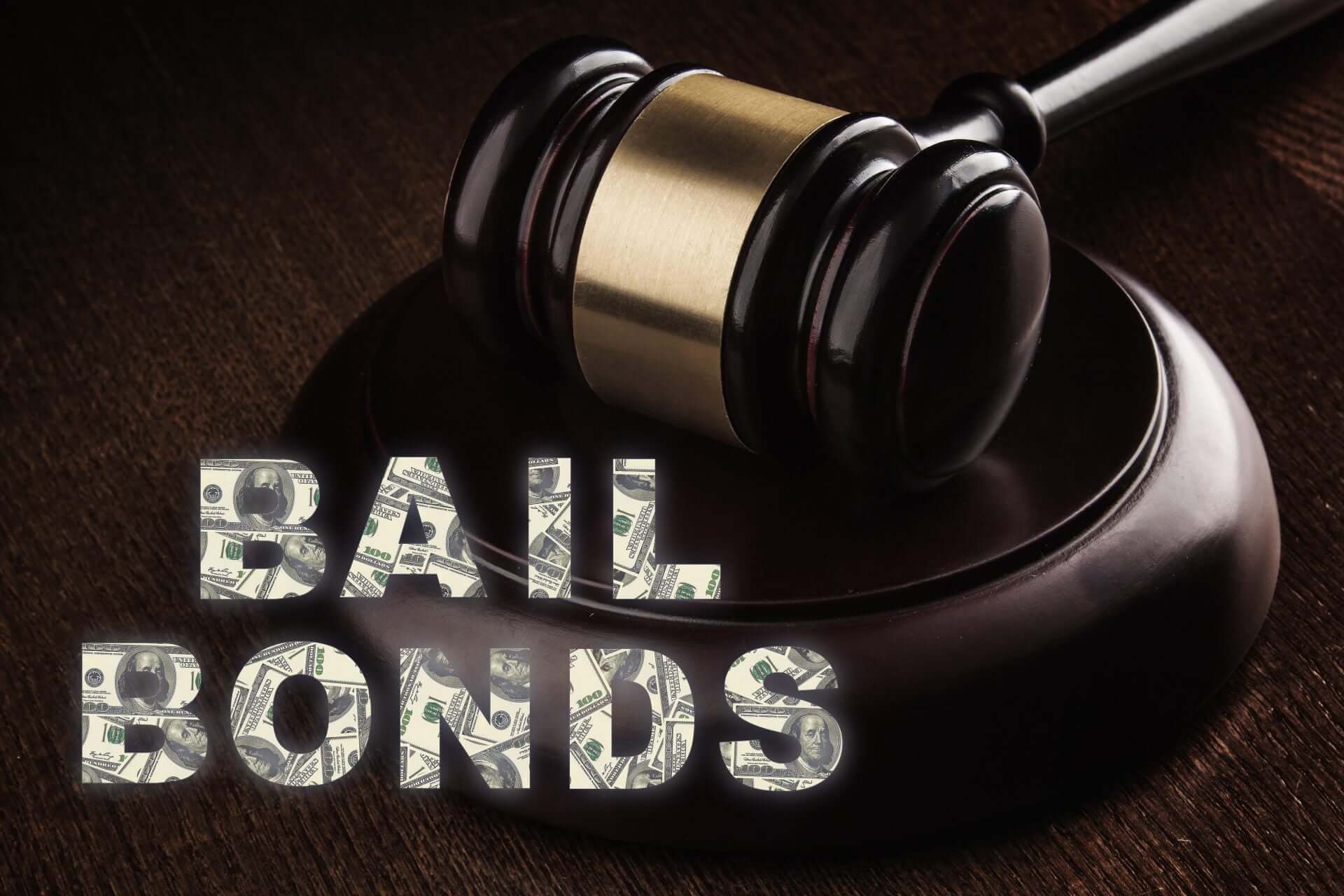If your loved one is in jail, here are reasons to bail them out.
Common Mistakes During the Bail Process That Can Come Back to Haunt You
If you need a bail bond or need assistance during the bail process, get in touch with Delta Bail Bonds right away.
Reasons You Should Never Skip Bail: Everything You Need to Know
If you are thinking about skipping bail, think twice. That will have some dire consequences for your case.
4 Top Reasons Why You Should Not Skip Bail
If you are planning on skipping your trial date, here are 4 reasons why that is a poor choice.
4 Benefits of Working with a Bail Bond Company
When you work with a bail bond company, you will have a better understanding of the bail process.
The Do’s and Don’ts of Working With a Bail Bond Company
You want a great bail bond company by your side. Here are some things that you should and shouldn’t do when working with a bail bond agency.
How to Be Prepared for Your Court Hearing
Going to a court hearing can be nerve-racking. But we have listed some of the most important tips to make your experience smooth.
Top Bail Bonds Service in Lewisville, Texas
Getting arrested in Lewisville, Texas, is a stressful situation, especially when you don’t know what to expect. Delta Bail Bonds will provide a speedy release, and we can also guide you through the entire bail process.









